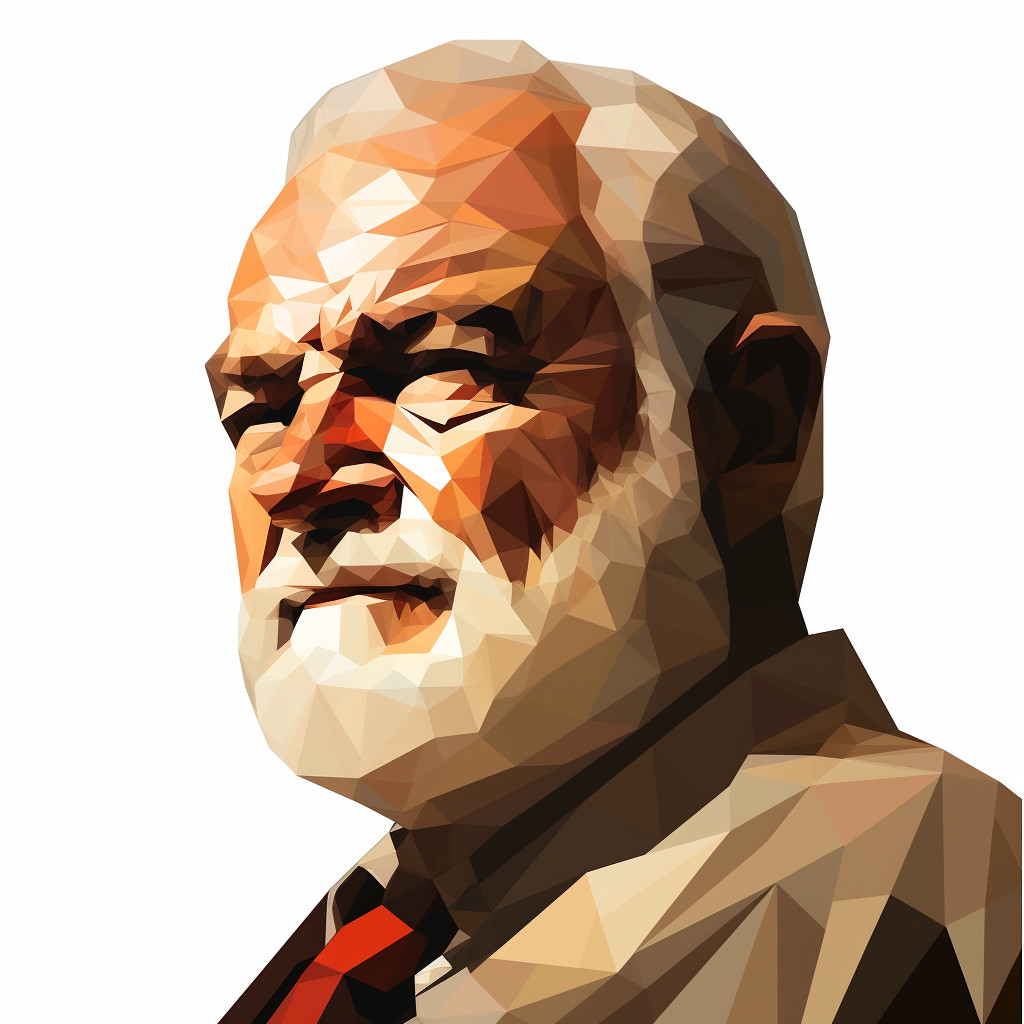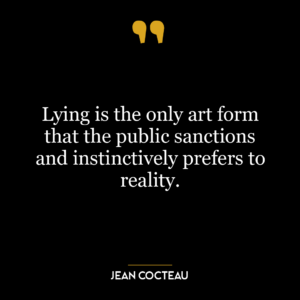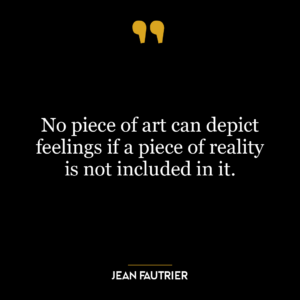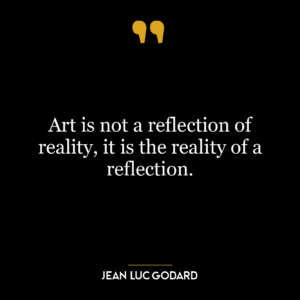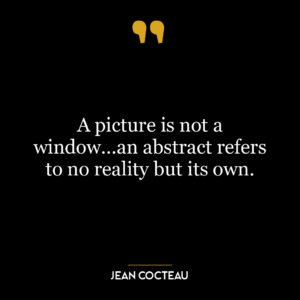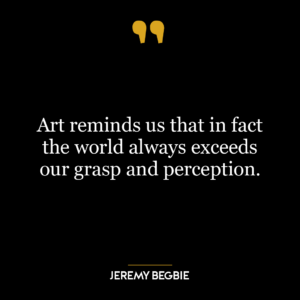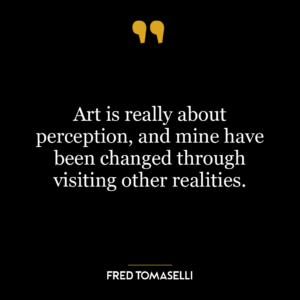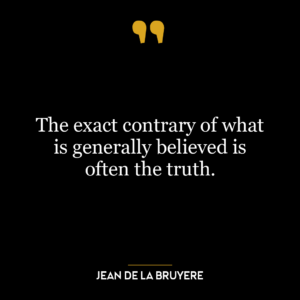This quote, “There’s no one thing that is true. They’re all true,” suggests the idea of subjectivity and relativity of truth. It implies that truth is not a singular, absolute entity, but rather a collection of individual perspectives, experiences, and understandings. What may be true for one person may not hold the same truth for another, as our truths are often shaped by our personal experiences, beliefs, and interpretations.
This quote also hints at the complexity and multifaceted nature of reality. In any given situation, there isn’t just one truth or one way of understanding things. Instead, there are multiple truths, each as valid as the next. Every person, every perspective, every narrative adds a piece to the overall picture of what is true.
In today’s world, this quote is particularly relevant due to the proliferation of information and perspectives available through the internet and social media. We are constantly exposed to differing viewpoints and narratives, each claiming to be the ‘truth’. This quote reminds us to approach these with an open mind, acknowledging that multiple truths can coexist.
In terms of personal development, this quote encourages a sense of humility and openness. It suggests that we should not be too rigid or absolute in our beliefs, but rather allow for the possibility that there may be other truths or perspectives that we have not considered. It’s about understanding that our personal truth may not be the only truth, which can lead to a greater sense of empathy and understanding towards others.
Furthermore, it can be a reminder that our personal truth can evolve over time. As we grow and experience new things, our understanding of what is true can change. Therefore, it’s important to remain open and adaptable, rather than clinging stubbornly to outdated beliefs.
Overall, this quote is about embracing the complexity and diversity of truth, and the enriching potential that this approach brings to our understanding of the world and ourselves.




